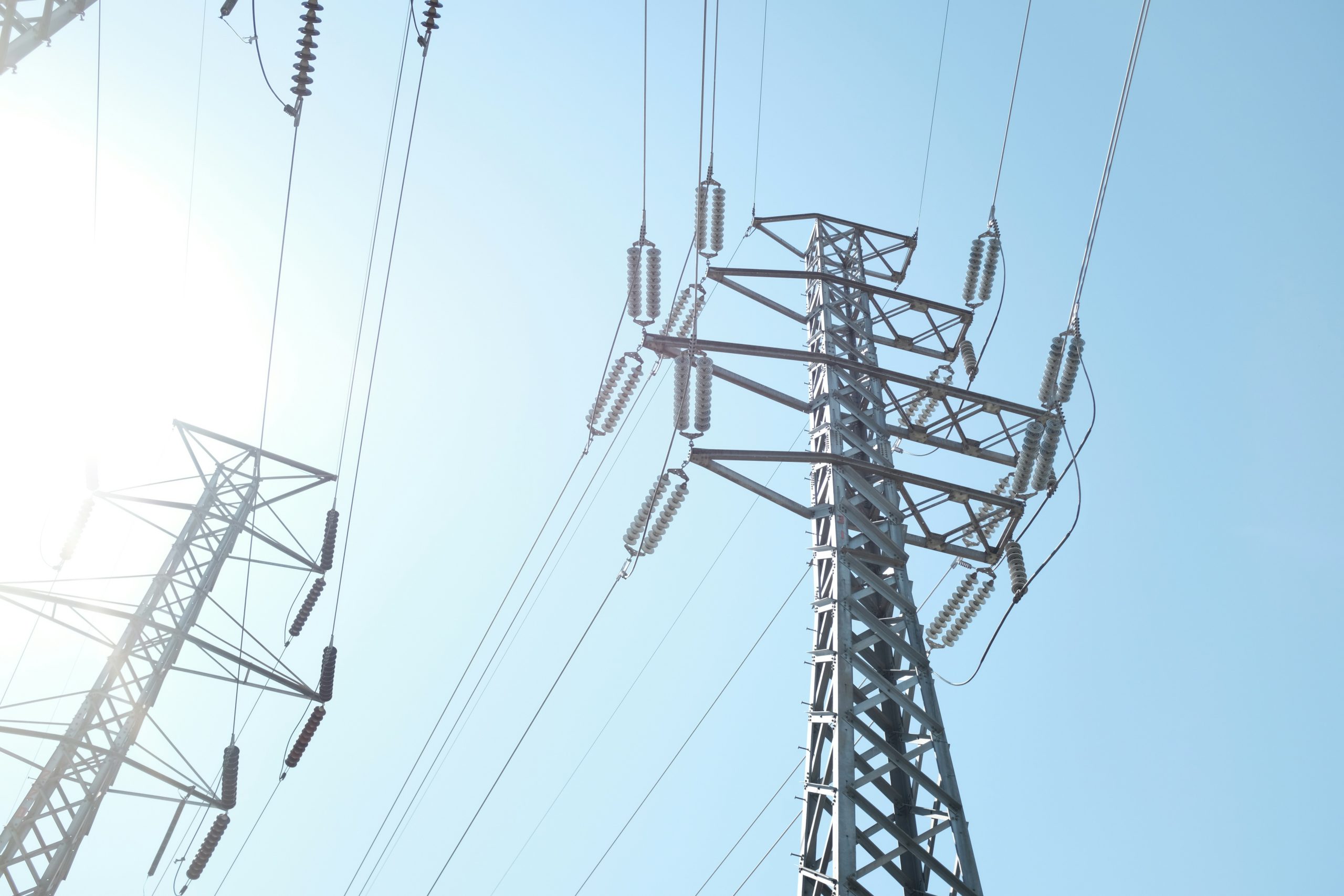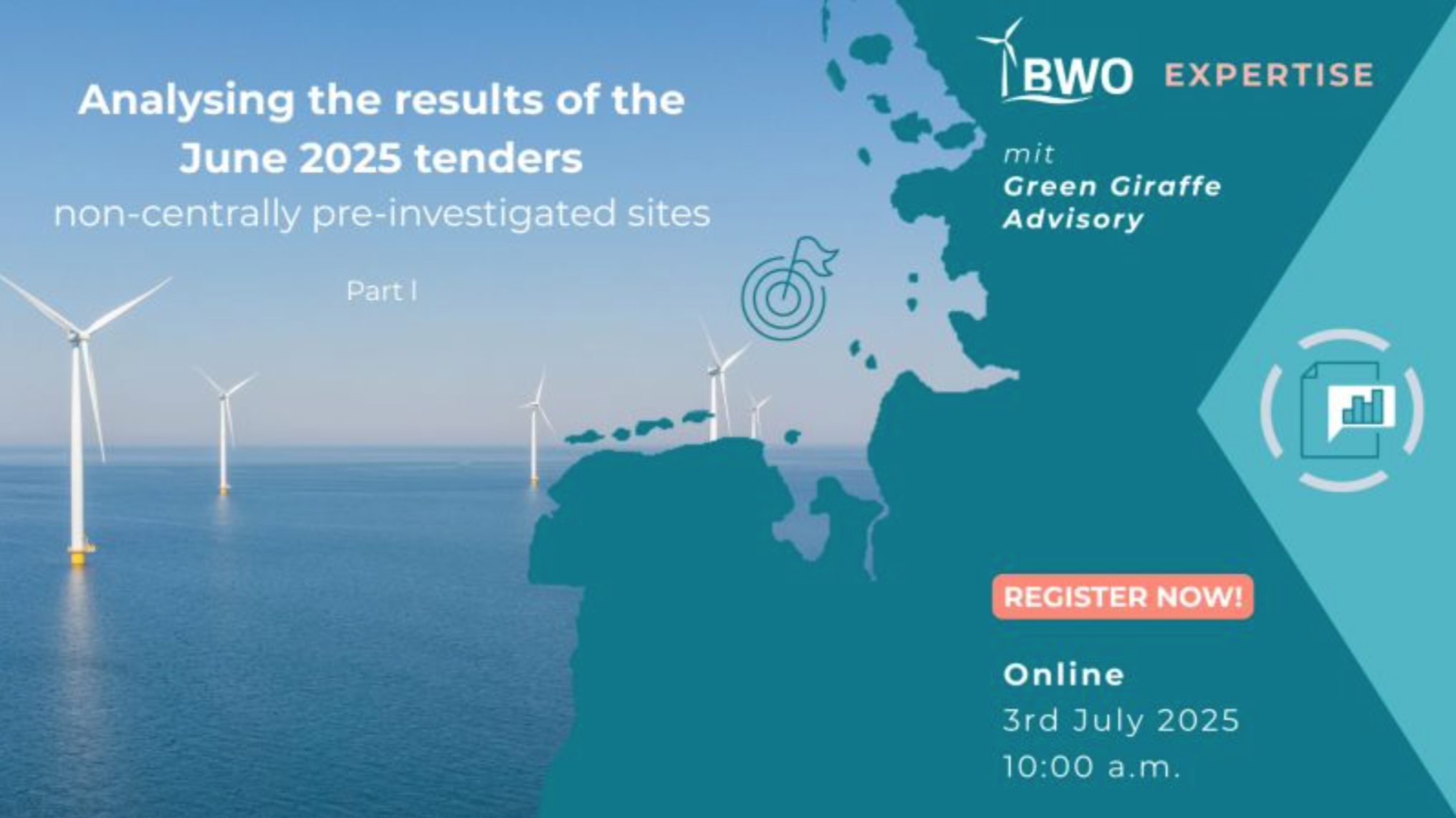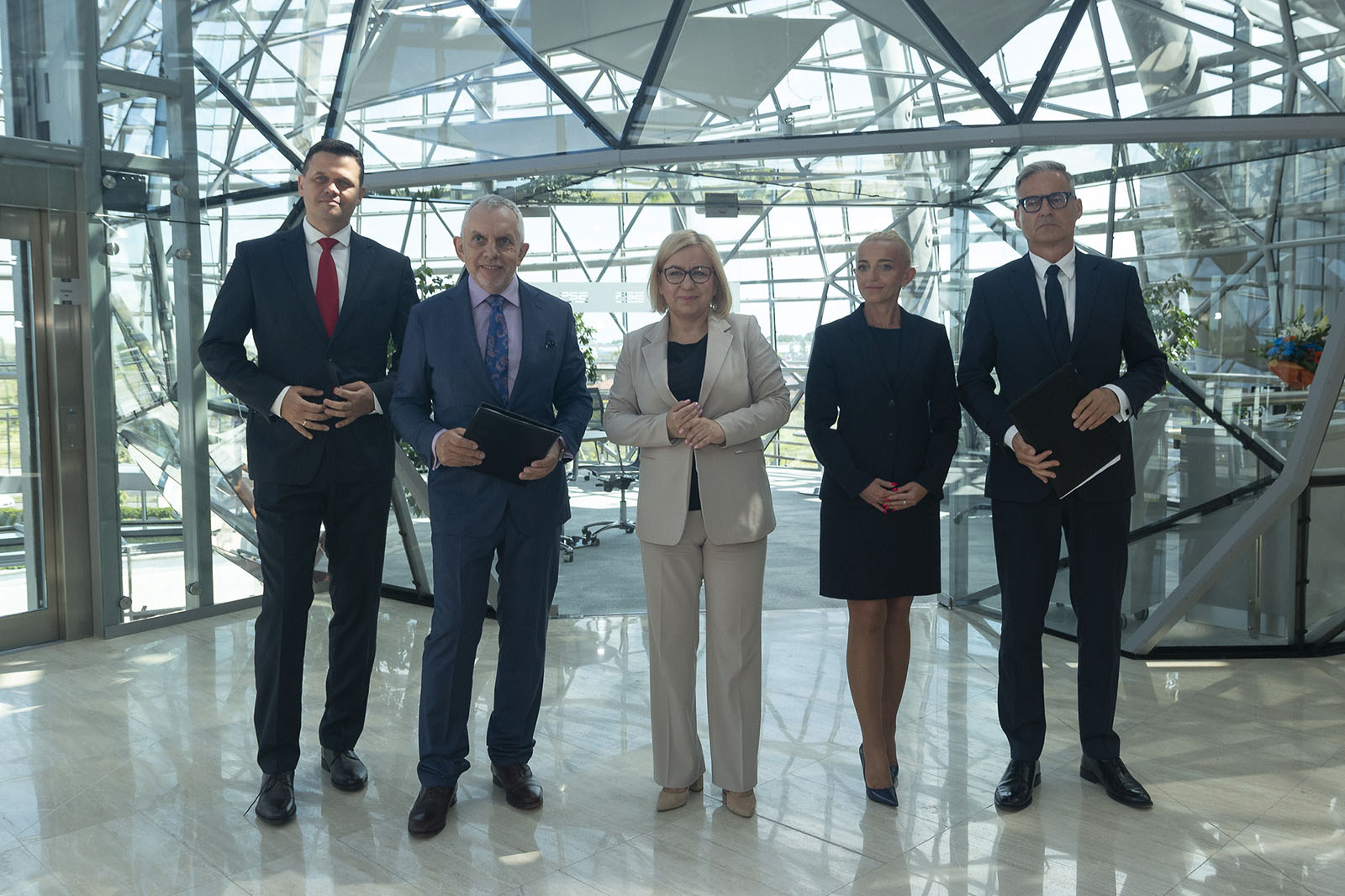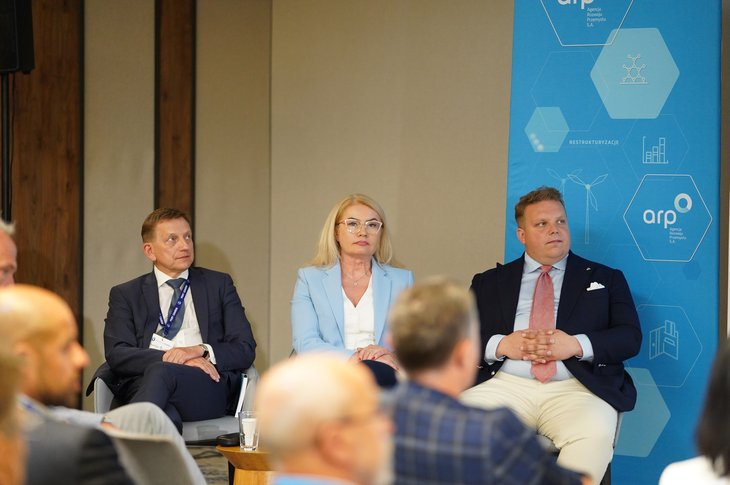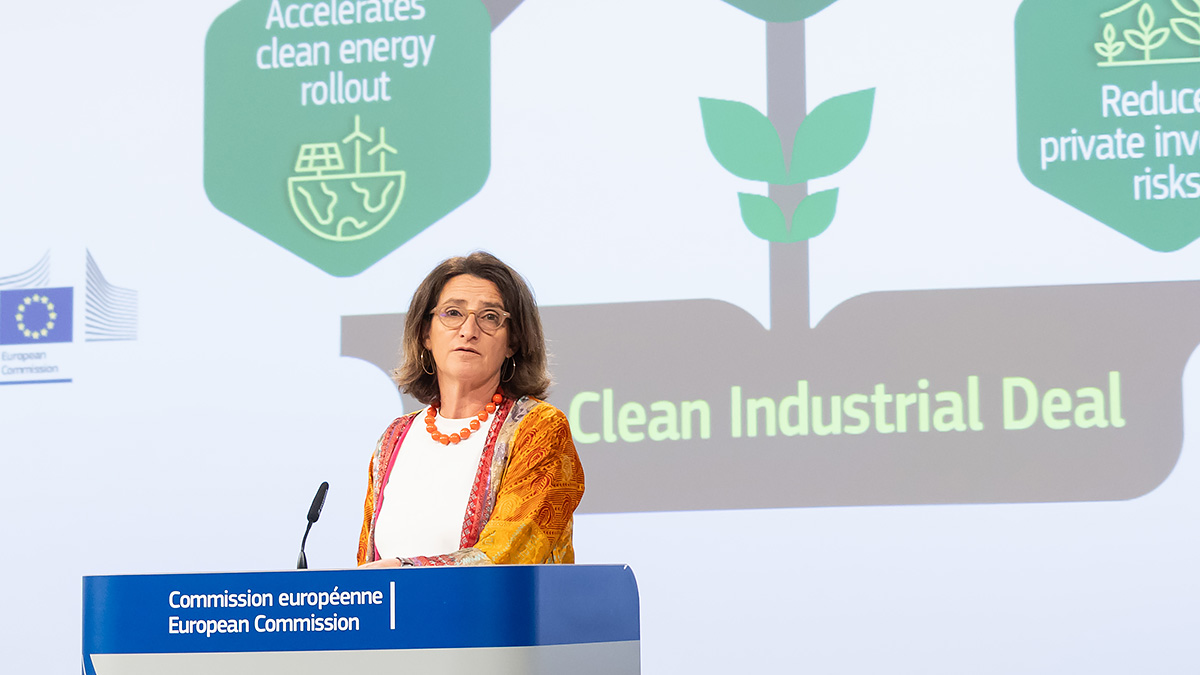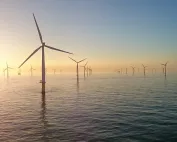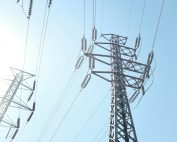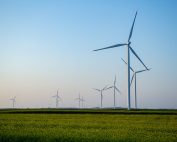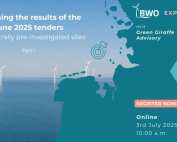On 1st July members of the European Parliament’s Committee on Industry, Research and Energy (ITRE) debated a draft report by Morten Petersen on the European Union’s strategy for offshore renewable energy. We are asking the Danish Member of European Parliament for a comment on the report.
The deadline for amendments to the report was July 6 and the ITRE Committee is expected to vote on the report in October 2021. Petersen said that with the report he wants to send a very clear message that we need to increase the pace and scale of integrating offshore renewable energy sources in energy systems.
“Offshore renewable energy represents a huge opportunity for the EU and will be a critical element in our green transition – but if we keep doing what we have done so far, we will not achieve our ambitious goals. In order to succeed, we need to simplify arduous permitting procedures and push for increased Member States collaboration. Just as important will be to bring all countries on board because every country in the EU can rip the benefits of the vast amounts of clean and cheap green energy that offshore renewables can provide” he said fot BalticWind.EU.
💨@mortenhelveg today presented his draft report on offshore #RenewableEnergy:
💬"Offshore renewable energy is a critical element in the 🇪🇺 green transition – but we need to move much faster! If not we will not succeed in combating climate change"🌏
📰 https://t.co/esCfLI1klv pic.twitter.com/qj5W79RHg1
— Renew Europe (@RenewEurope) July 1, 2021
Needed cooperation
In the report, Petersen indicated that a climate-neutral economy requires the use of renewable energy on an unprecedented scale. Stresses that unless further action is taken to accelerate the deployment of offshore renewable energy, the EU will not be able to meet its climate commitments. The targets for energy production in the waters of all reservoirs in Europe should be 60 GW until 2030 and 340 GW until 2050, which is in line with the previously presented assumptions.
Petersen stresses the urgent need to upgrade and expand the existing grid infrastructure to allow for increased flow of electricity from offshore to land-based consumers. It welcomes the Commission’s proposal to revise the TEN-E regulation and highlights the needs and priorities of the offshore renewable energy sector. Recognizes the advantages of combining offshore installations and transmission assets in the tender process.
Stresses that EU cooperation is crucial to maximizing the efficient use of energy resources at sea. Notes that the current legal framework does not sufficiently facilitate such cooperation.
Improving the issuing of permits
The Danish politician notes in the report that the huge interest in offshore energy will increase the demand for an increasing number of permits. It therefore urges the Member States to urgently simplify the relevant procedures and coordinate these efforts. It encourages Member States to support the proposal to develop One Stop Shops.
He points out that the total water surface required to provide power to offshore wind farms should be 2.8 percent. The politician therefore stresses the need for consistency between offshore spaces for offshore wind energy and other sectors.



